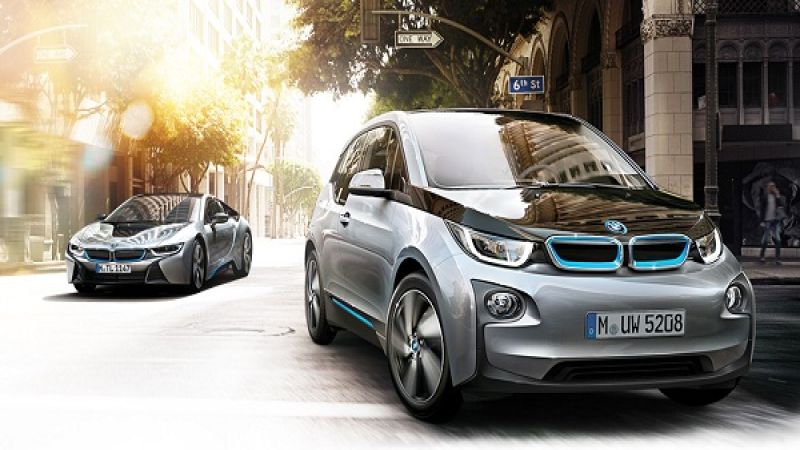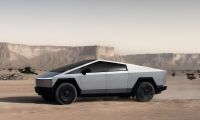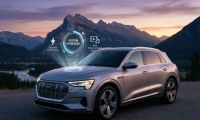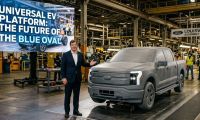BMW took a huge risk when it created its “i” sub-brand devoted to purpose built electric vehicles. Few automakers have invested in the ground-up development of a new EV or plug-in hybrid, and no others have made a notable commitment to using carbon fiber as a structural material.
BMW made the bold decision to create a line of vehicles that would be “born electric” and constructed primarily of carbon fiber reinforced plastic (CFRP), a material that is expensive and slow to produce but possesses almost magical properties that mitigate some of the disadvantages of heavy batteries. The i3 and i8 can both be accurately described as radical vehicles from one of the world’s finest premium automakers, and it is critical for the company that they live up to the hype.
Strong demand driven by first-time BMW owners
So far, demand for the i3 has been as strong as the company could have hoped for: BMW has increased production at its Leipzig plant to 100 vehicles per day to keep pace with global desire for the funky electric city car with the BMW badge and $40,000+ price tag. SGL, the company that supplies the carbon fiber for the i3 and i8, is tripling production to keep up. The i8 is essentially already sold out for its first year of production.
A deeper look at the numbers shows that 80% of i3 buyers are new to the BMW brand. That is an extraordinarily high percentage and is likely due to the unique appeal of the car with unfamiliar, head-turning looks that was built to be green yet uphold the legendary standards of BMW performance.
According to BMW head of sales and marketing Ian Robertson in an interview with Automotive News Europe, a “significant portion” of i3 buyers come from non-premium brands. He also noted that some owners had never previously owned a car, and demand has been widespread across the UK, Germany, and Norway. Early indications are that the U.S. will respond favorably to the i3 as well.
What it means for automakers
The high percentage of buyers switching from other brands to the i3 is due in large part to the appeal of such an innovative electric offering. It is similar to what Chevrolet and Nissan experienced with the launch of the Volt and LEAF; those vehicles attracted an overwhelming number of buyers who didn’t previously own a Chevrolet or Nissan. Not surprisingly, many first adopters of electric vehicles switched from green cars like the Toyota Prius.
Automakers love swiping buyers from other brands, as they then hope to retain them with the quality of their products. BMW has gained itself a loyal following with the launch of i3 and i8, many of whom otherwise wouldn’t have considered a BMW. Take notice, other automakers: offering compelling mass-market electric vehicles, in addition to gaining unprecedented owner satisfaction and loyalty, will help you steal customers from your competitors.
Set Torque News as Preferred Source on Google











